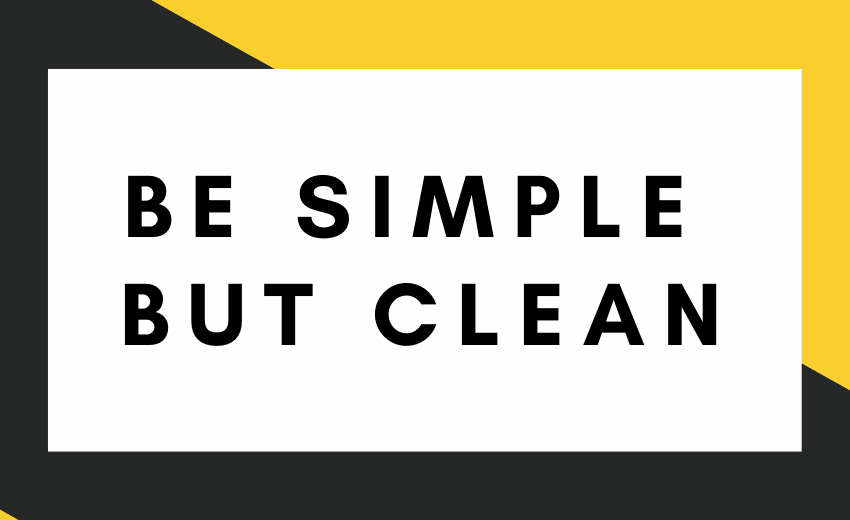Have you read the following TIPS TO WRITE RESUME/CV before?
Writing a solid resume might be one of the hardest hunting obstacles. Many employers spend a few seconds examining every CV before put it in the ‘Yes’ or ‘No’ stack. Here are the top ten recommendations on how to write a CV to obtain the interview.
Research Your Goal:
The very first suggestion to consider occurs far before you start creating your resume… For your resume to be effective, it needs to contain your prospective employers’ abilities and expertise. Hit the work boards, check several suitable job advertising and note the requirements most desired for your goal positions. When you have this outline, you know precisely what abilities and information in your resume should be emphasized. This is a key stage – you may simply use guessing to write your resume without it.
Stay Real:
A CV should usually just be two pages – and they are two pages of A4 paper! On average, employers only spend 8 seconds looking at a CV, and a safe way to stop is to send them your whole life narrative. Keep it punchy, to the point, and save niggly little interview information.

Check out our free CV templates if you want examples.
Customize:
Take the time to revise your curriculum vitae for each employment. Search the organization and utilize the job advertisement to get the know-how EXACTLY. You will appreciate the apparent effort.
Use a Personal Declaration:
Do not only assume that an employer will perceive how your experience is related to your work. Use a brief personal statement instead to demonstrate why you are the best person for the position. You should also review our ideas for the ideal cover letter in your cover letter.
Do not Leave any Spaces:
We are a skeptical group that quickly suspects employers and leaves clear holes in your CV – and they won’t benefit you. It might be a worry if you’ve been out of the job but simply put a good spin on it. Have you studied, worked as a volunteer, or developed soft skills such as communication, collaboration, or project management? If so, yell for it! See our CV template for the presently unemployed for more details.
Keep it up to date:
If you are looking for a job or not, you should maintain your CV up-to-date. Each time anything essential happens in your job, document it so that you don’t forget anything that could be essential later.

The Mistake of Your Methods:
Employers DO search for typos on CVs, which make you seem pretty awful if they find them. David Hipkin, head of Reed Business Information Recruitment and Resourcing advises that “with the majority of businesses having large amounts of candidates right now, it is not going to help you obtain an interview to provide an excuse for rejecting your application due of preventable bugs.” And don’t disregard the most frequent CV errors
Face Truth:
Blatant falsehoods on your CV might cause you a whole bunch of hassle to investigate your past and references by employers. The last thing you want is to start working and then lose your new lying job. You could also get caught up in the interview stage if you don’t know what you claim to know, suddenly. And it may be unpleasant.
Use Numbers:
It may sound uninteresting, but it makes it a lot simpler for you to sell yourself using numbers. Do not just mention you boosted sales when you write your job history; tell them that you boosted sales 70 percent over six months. Get it? Get it? Particularly useful are large numbers (but don’t forget point 7 of our list!).
Create an Effective Impression:
We live in a world where the picture is all, and that also applies to your resume. Use bullet points and keep sentences brief, take some time to make them attractive. Use the graphic design method to make the layout simple in the eye with lots of white space around content and categories. Alternatively, make your employment application innovative!
Find Things Simple to Use:
When you have posted your resume to a workplace so you can locate recruiters, keywords are vital. Work titles and job mottoes will aid a search engine to select your CV from the battery. Confused? Confused? Don’t be. Don’t be. For example, a marketing applicant might mention SEO (Search Engine Optimization), direct marketing, and digital marketing… if you don’t know, search online and see what are the phrases typically stated when entering a job title.

